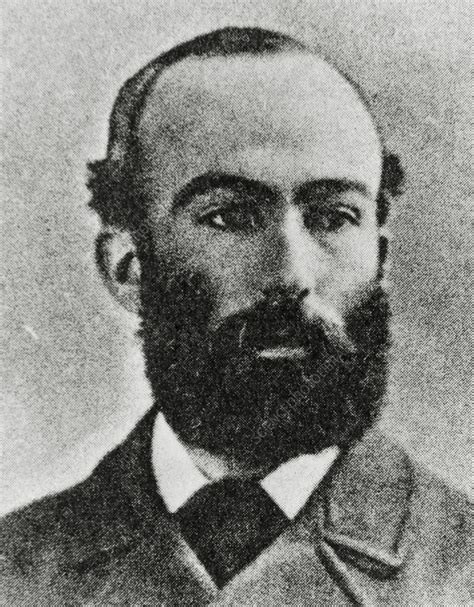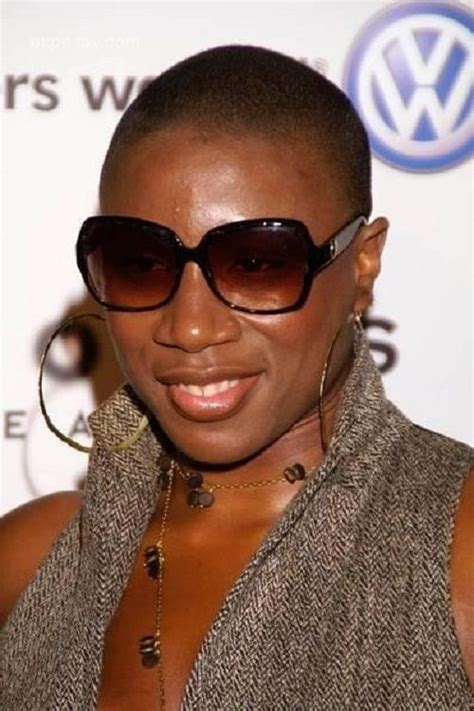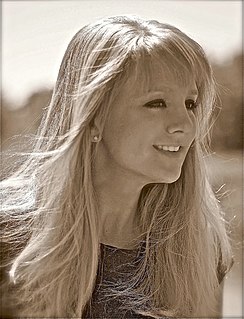A Quote by Colson Whitehead
In America, when you hear about the Underground Railroad, it's so evocative. You think it's a literal subway for a few minutes before your teacher goes on and describes where it actually was.
Related Quotes
A lot of people, when they first hear about the Underground Railroad, think it really is a subway or a locomotive. When they find out it's not, they feel a little disappointed. So I thought, What if it was a literal underground train network traveling from state to state, with each state it goes through representing a different opportunity or danger?
If you have 15 minutes per visit, and you spend the first 9 minutes just collecting information from them, before you do anything else, you know half of your visit is gone already. So if you have an automated system that has most of that and, and in some cases I actually have patients complete questionnaires before they come in, so I'd gotten most of the information I need to ask about, already recorded, instead of having 9 minutes I can take 3 minutes to review all this information.
I think sometimes in the focus on deep friendships and on romantic relationships, we can lose sight of how important the small connections we make are with strangers and with people that we may encounter for just a few seconds or a few minutes, whether it's the barista at our coffee shop or the stranger next to us on the subway.
At least in my perception, seeing accomplishments of minorities is a way to actually be critical of the country, not celebratory of it. The reason for celebrating all of these minorities - women, African-Americans, pick your minority - who do something that hasn't been done by somebody in that group before? The media goes nuts. It's one of the greatest things in the world! At the root of that is that America's unjust, that America is unfair, and that America discriminates, and that America is biased and bigoted and whatever.
At the height of rush hour, people on the London underground actually say "excuse me." Imagine what would happen if you tried an insane stunt like that on the New York City subway. The other passengers would take it as a sign of weakness, and there'd be a fight over who got to keep your ears as a trophy.



































